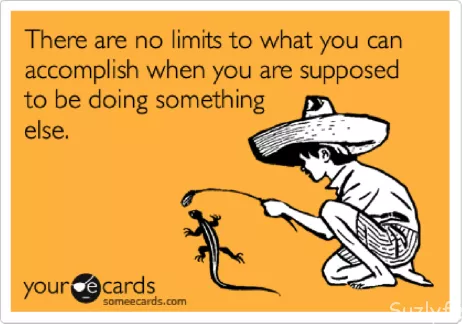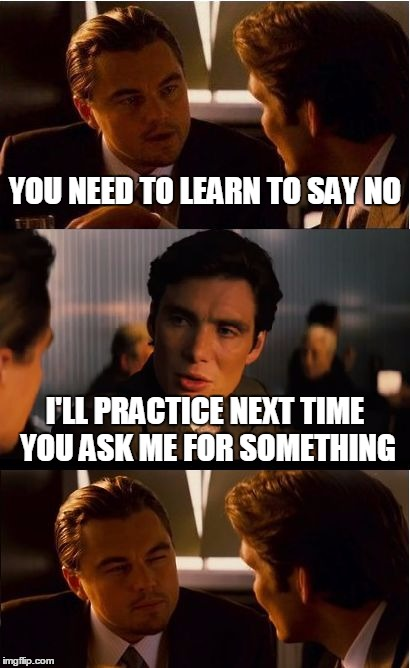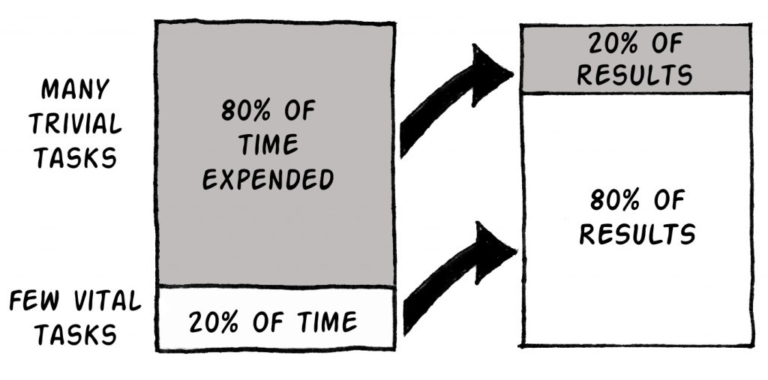Deep vs shallow work #G2A Work Hacks

Everything we do, either in the office or at home, can be split into two different kinds of work: shallow and deep. What’s the difference between these two?
“Shallow work stops you from getting fired — but deep work is what gets you promoted.”
— Cal Newport

Simply put, shallow work is all those meetings you have to attend, e-mails you need to reply to, tasks you have to take care of and meeting follow-ups you have to send. You know the drill.
Deep work, however, is that one big idea you’ve had in mind for a month now and the time has come to put it on paper and do some serious research and work on it. It’s that one major task on your to-do list that gets postponed over and over again. And by major I mean MAJOR, as in “it will greatly contribute to the organization.”
While the choice of what to focus on next may seem obvious, we still tend to safely stick to the shallow side of things and procrastinate a lot, avoiding deep work in the process. The science behind this is pretty simple.
What’s holding you back is your brain’s reward system which favors feeble instant gratification over long-term investments that give you much more satisfaction later on. That’s because crossing out simple tasks from your to-do list feels much better than working on that slog of a project, doesn’t it? You can easily get rid of, say, 10 shallow tasks in a nick of time and say to yourself: you, Sir/Ma’am, have performed admirably! But…
And it’s one you can easily fall into, especially when your other projects – the most rewarding ones – require thought, energy, time and concentration. And you devote these to shallow stuff instead.
Alright, enough theory.
Here are some good tips that you might find helpful in fighting that bad, bad habit.
1. Calendars are much more reliable than to-do lists
While to-do lists might be helpful sometimes, they are also a trap. Imagine you have 5 tasks to complete today. There are three possible outcomes here. First, you might finish 3 tasks in 4 hours and then tell yourself: “I’ve got plenty of time for the last two, so I will take it easy. No need to rush.” We’re talking serious time wasting here. Second, you might just end up putting too many tasks on the list and then stockpiling them for the rest of the week. Finally, to-do lists are very flexible — which is both good and bad — and if something urgent appears on the horizon, you might add it instantly to your list and postpone that final big task even further.
Calendars are a way better alternative. Note down all your tasks for a particular day or week. Schedule deep work first. Put it in your calendar for the whole day if you need to. Let people know you are going to be unavailable. Once that’s done, plan all your shallow tasks. This will help you learn how to estimate the time you need to get things done. Feel free to add breaks in between.
2. Stop saying “yes” to everything – “no” is your shield
People will keep coming and bothering you. They’ll ask you to help them, sometimes even drop everything for them (OK, there are times when you totally have to do that) and that’s fine. But here is some legit work wisdom: you don’t have to say “yes” to all requests!
Remember that you are (hopefully) already scheduling your tasks, so instead of putting them on your to-do list, you can put them in the calendar instead. This way you will be perceived as professional and organized, and your work won’t turn into a chaotic mess. Completing major tasks will sometimes require you to drop a couple minor ones, but you have to be ready to accept that. Ask yourself: what will benefit you more in the long run? Preparing those 3 reports or delivering a cool new feature that customers will love?
3. Learn to prioritize
It’s a cliché, but seriously – learn it. There are many strategies that can improve your prioritization. You can start with the Pareto principle (worth reading). Basically, your goal is to find that one big chunk of a project that will yield the most results. Or that bunch of weekly tasks that are crucial for the organization. The Pareto principle not only lets you prioritize better, but also changes your perspective, helping you evaluate tasks and situations based on their possible outcomes.
4. Set up a few rules for yourself
For example:
“I will never, ever reschedule deep work.”
“Monday is my meetings day and Thursday is my deep work day, period.”
“To hell with to-do lists!”
“I will never instantly start working on new tasks if my workload’s too big already.”
This will totally pay off in the longer run. You’ll see!
5. Talk to people (especially your manager)
Inform your teammates about your plans, so they won’t disturb you during your deep work day. Sometimes your tasks are pretty much shallow only. Talk to your manager and ask them directly – how much of your work should be deep and how much should remain shallow? This way it will be easier for you to say “NO” next time.
6. Experiment
It’s your brain that causes you trouble, because it just loves playing it safe. Only you know how much you want to achieve. Try different things and pick the ones that suit you best. It takes time to change your approach, but it’s worth it!
If you’ve found this reading interesting, there is so much more to discover in this book.
Got other methods that work for you? Share them with others in the comments!



